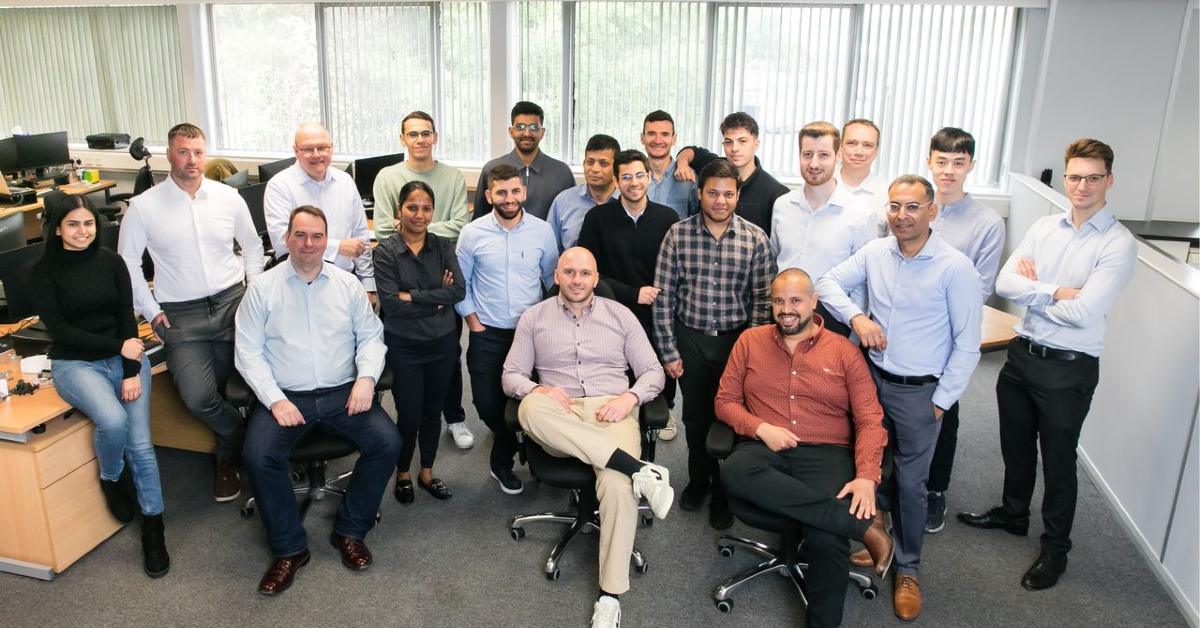With coronavirus cases on the rise, businesses all over the globe are taking a hit. Currently, self-isolation is crucial to limit the spread of the virus and as a result, almost all non-essential businesses have been ordered to close down. The Netherlands is also following the same rules and is quite stringent when it comes to tackling the pandemic. However, the government has decided to pitch for lowering the impact on businesses that are currently taking a hit due to COVID-19.
Do follow our special coverage on coronavirus over here.
Dutch government to cover 90 percent of wages for companies
The government has announced that it will cover up to 90 percent of wages for companies that are making losses due to COVID-19. Businesses that have lost at least 20 percent of their turnover over a period of three months are eligible under this scheme, Minister Wouter Koolmees of Economic Affairs and Employment, recently announced. This measure is intended to preserve employment and applies to wages up to €9,538 per month, per employee, NOS reports.
Startup founders’ take on the relief program
The Dutch government’s announcement of the relief program is great news for businesses. However, it focuses solely on revenue loss. We spoke with startup founders from Klippa,The Point of Research B.V. and HousingAnywhere to get their take on what they think about this move.
Yeelen Knegtering, CEO and co-founder of Groningen-based digital receipt startup, Klippa says, “Revenue is also an important metric for startups. The problem is that if you are growing as a startup, you will not always see an instant drop in absolute revenue. You will probably (first) see a drop in revenue growth. Now on first sight that might not seem as ‘bad’ as a revenue drop, but mostly startups raise investments, to hire staff, with expectation of certain growth. If that growth suddenly slows due to economic uncertainty, that might give exactly the same problems because you are spending more than you can, without the expected revenue growth. So the burn rate increases and your cash runway decreases, while raising new money might be hard for some companies during these times.”
“Show revenue drop impossible”
He further adds, “I understand that it is hard for the government to judge, but the old measure of basing it on reduced work load makes more sense for startups. If for example the entire sales team is out of work due to Corona, you could get compensated for it. Now you have to show revenue drop, which might not be possible. I assume they changed it intentionally to prevent too many companies asking for compensation.”
Founded in 2015, Klippa is a Netherlands-based company founded by six IT specialists. The company aims to digitise and automate cumbersome document processing, using modern technologies such as machine learning and OCR. In 2019, the tech company opened a second office in Amsterdam, and now serves more than a thousand customers at home and abroad and offers various product lines. The company also recently raised €1.2 million amid the coronavirus outbreak.
“At odds with culture of growth”
Another leading startup from the tulip country, HousingAnywhere also had something to add on the matter. Gianluca Valentini, VP Marketplace Ops, HousingAnywhere says, “While I understand and agree on the logic of comparing 2020 revenue with 2019, I find the intrinsic message at odds with a culture of “growth” and innovation. Historical data is a solid starting point for the gap measurement and I see why it was chosen. It’s applicable to the majority of companies and it cannot be disputed. It also makes sense as it’s a proxy for the value the company has created for the economy as well as its contribution to the state budget in the form of taxes. It makes perfect sense.”
“However, it’s hard to justify such an approach when it comes to promoting long-term investments. A measure as such will preserve the status quo and will benefit companies in steady state (not to mention those in prolonged decline). In the way it has been presented, this program will protect against a drop in consumer confidence triggered by massive layoffs of established employers, but it will do little for companies that adventured on the path of disruption. Understandable, just contradictory to all the innovation initiatives sponsored so far.”
The Rotterdam-based startup HousingAnywhere was started by students from the Rotterdam School of Management, Erasmus University in Rotterdam in 2009. Now the startup has become a scaleup and has grown to be present in more than 500 cities globally. The company claims that it is the biggest student accommodation platform in the world with more than 5 million visitors a year. The company was founded by Niels van Deuren when he was looking for temporary accommodation for his semester abroad in Singapore. So far the company has raised a total funding of around €11.9 million.
“Cash out biggest problem”
Maartje Schenkels, market researcher and owner at The Point of Research, a consultancy firm based in Amsterdam, and coworking location LOADS, adds to the discussion and says, “So true, not just for startups, but for every entrepreneur who is not a paid per hour freelancer. Cash out is the biggest problem for entrepreneurs right now, only worsened by direct revenue loss, unpaid bills and projected revenue loss. Cutting costs is cutting losses. That is their focus right now.”
Further, Thom Wernke, Co-founder & CEO at StartDock adds, “Startups are the future of our country. For years multi-millions have been spent on this promising futureproof generation of companies, that our country produces. As pointed out by the letter of the Dutch Startup Association, the current measures of the government do not match the needs of our startups on three critical points.”
StartDock is a co-working spaces company with offices in monumental, historic buildings in Rotterdam and Amsterdam. It was founded by Thom Wernke , Stephan van Eken and Johan Assink.
Prince Constantijn: “Loud and clear”
On LinkedIn, Prince Constantijn van Oranje commented that he has heard the comments of startups “loud and clear”. In his capacity as Techleap’s special envoy, he is working on a solution with the Department of Social Affairs and Employment, in conjunction with Economic Affairs and InvestNL, and various stakeholders such as VCs and regional funds, to figure out how to support startups with bridge capital credit lines.
What is your take on the whole matter? Do share your opinion in the comments section below.
Image Credits: Nancy Beijersbergen/Shutterstock
Stay tuned to Silicon Canals for more European technology news










01
From telecom veteran to Dutch Startup Visa success: The Jignesh Dave story